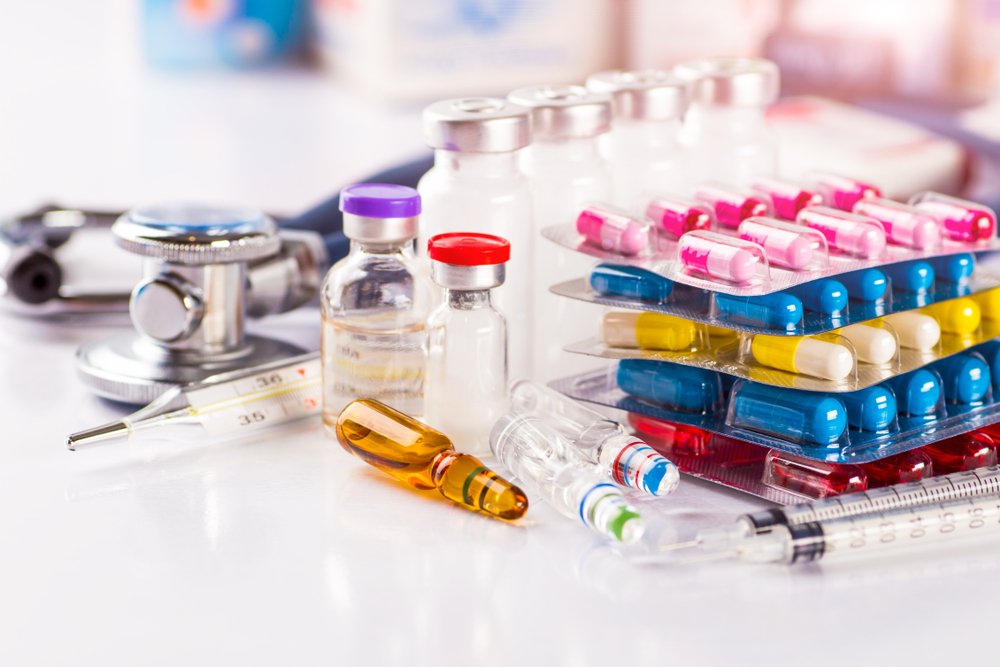A Grade 4 adverse drug reaction is a severe and life-threatening condition that requires urgent medical attention. Learn about the definition, examples, and treatment.
Adverse reactions of drugs are unwanted or harmful effects that occur after taking a medication.
They can range from mild to severe, depending on the type and dose of the drug, as well as the individual’s sensitivity and medical history.
One way to classify adverse drug reactions is by using a grading system that assigns a number from 1 to 5 based on the severity and reversibility of the reaction.
In this blog post, we will explain what a grade 4 adverse drug reaction is, how it differs from other grades, and what are some examples of drugs that can cause it.
Cause of Grade 4 Adverse Drug
A Grade 4 adverse drug reaction can be caused by various factors, such as:
- Drug overdose or toxicity
- Drug allergy or hypersensitivity
- Drug interaction with other medications, foods, or supplements
- Drug intolerance or idiosyncrasy
- Genetic factors or predisposition
- Underlying medical conditions or diseases
Symptoms and Signs of Grade 4 Adverse Drug
The symptoms and signs of a Grade 4 adverse drug reaction may include:
- Severe pain, swelling, or inflammation
- Difficulty breathing, swallowing, or speaking
- Loss of consciousness, seizures, or coma
- Abnormal heart rhythm, blood pressure, or pulse
- Bleeding, bruising, or clotting problems
- Organ failure or damage
- Shock, collapse, or death

Steps to manage a Grade 4 adverse drug reaction
The treatment of a Grade 4 adverse drug reaction depends on the cause and the severity of the reaction.
The general steps to manage a Grade 4 adverse drug reaction are:
- Stop the medication immediately and seek emergency medical help
- Identify the drug and the dose that caused the reaction
- Monitor the vital signs and provide supportive care
- Administer antidotes or specific treatments if available
- Treat the complications or sequelae of the reaction
- Report the reaction to the health care provider and the regulatory authorities
A Grade 4 adverse drug reaction is a serious medical emergency that can be fatal if not treated promptly.
Therefore, it is important to be aware of the potential risks and benefits of any medication before taking it.
It is also advisable to follow the directions and precautions given by the health care provider and the pharmacist.
If you experience any signs or symptoms of an adverse drug reaction, do not hesitate to contact your health care provider or call 911.
Adverse reactions of drugs are a major health problem that affects millions of people every year.
- 82% of American adults take at least one medication and 29% take five or more
- ADEs cause approximately 1.3 million emergency department visits and 350,000 hospitalizations each year
- $3.5 billion is spent on excess medical costs of ADEs annually
- More than 40% of costs related to ambulatory (non-hospital) ADEs might be preventable
Reduce the risk of harm from adverse reactions of drugs
To reduce the risk of harm from adverse reactions of drugs, you can follow these tips:
- Keep a list of your medications and update it regularly
- Follow the directions and dosages carefully and do not take more than prescribed
- Ask questions and inform your health care provider about any allergies, side effects, or interactions you have or may have with your medications
- Keep up with any blood testing or monitoring recommended by your health care provider
- Take your medications only as directed and do not share them with others
- Store your medications safely and dispose of them properly when they expire or are no longer needed

